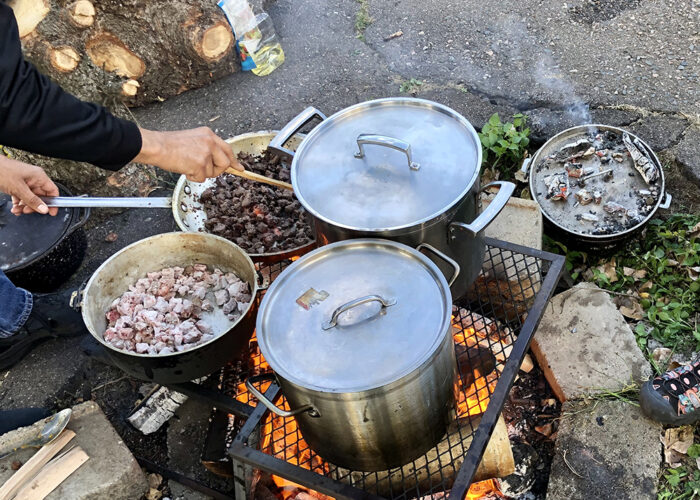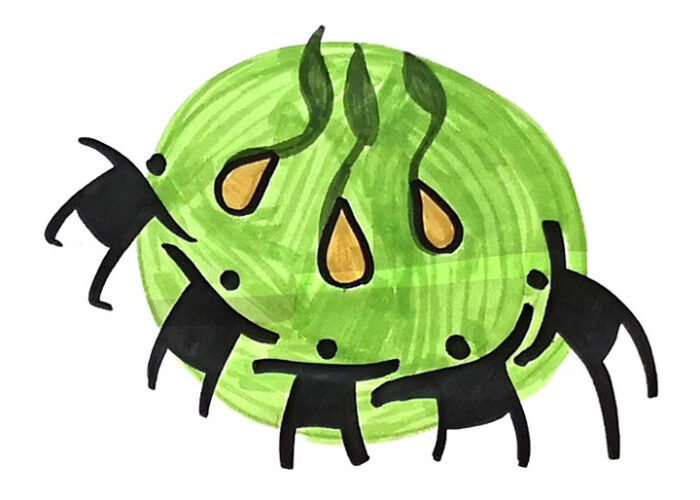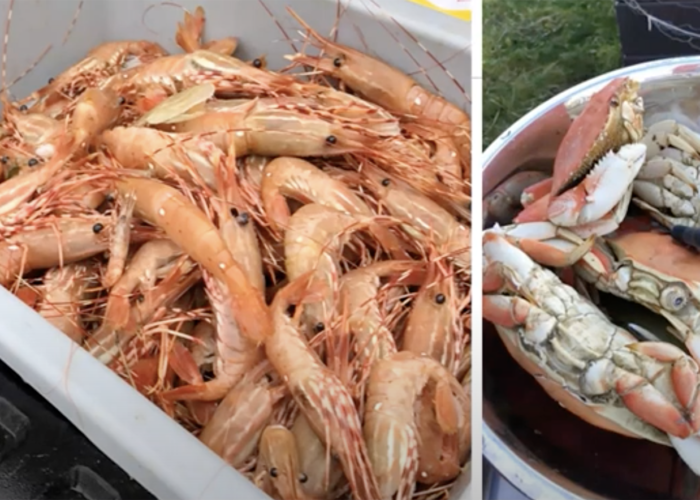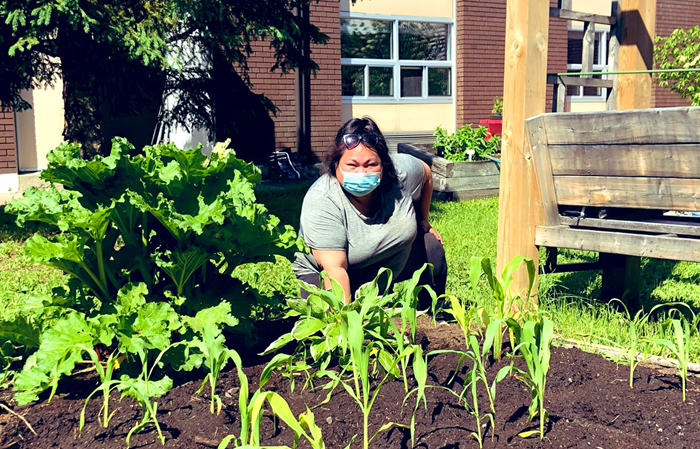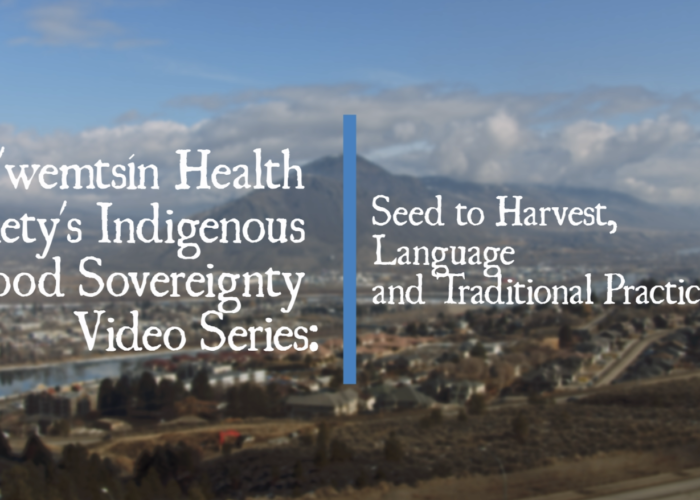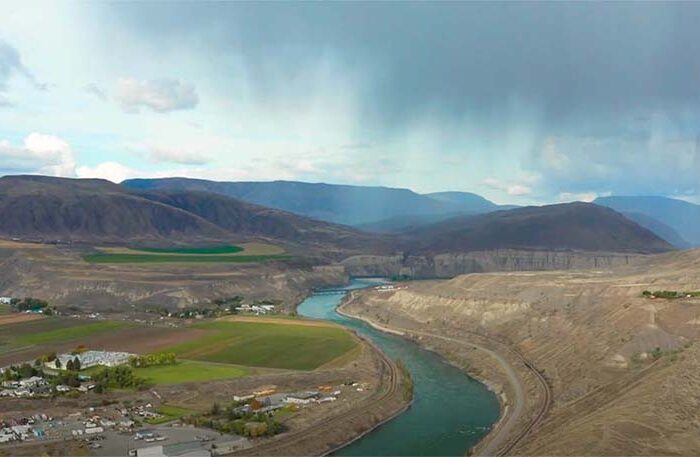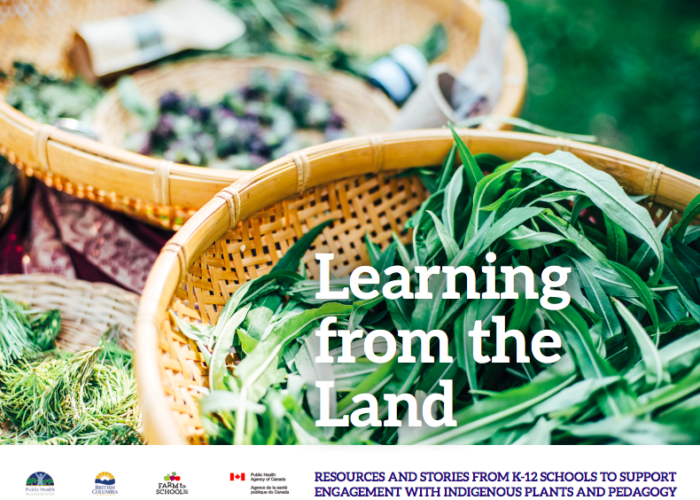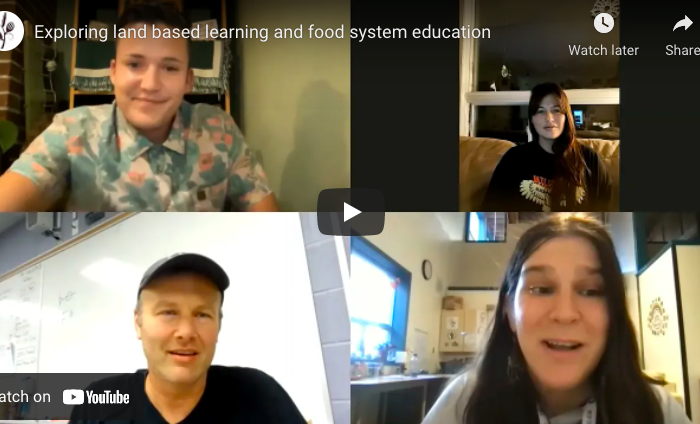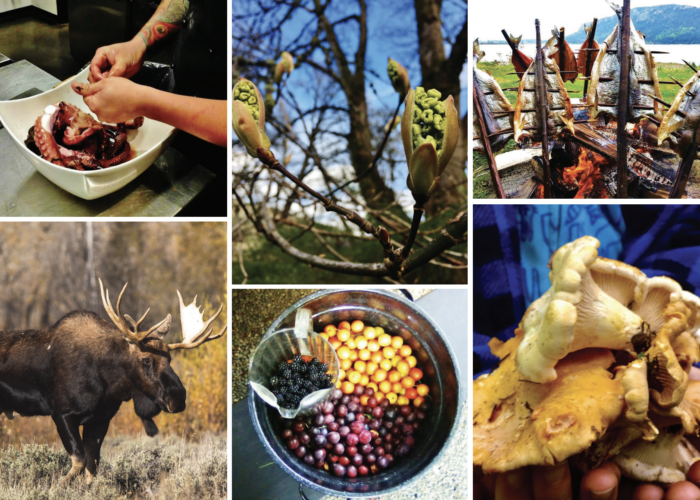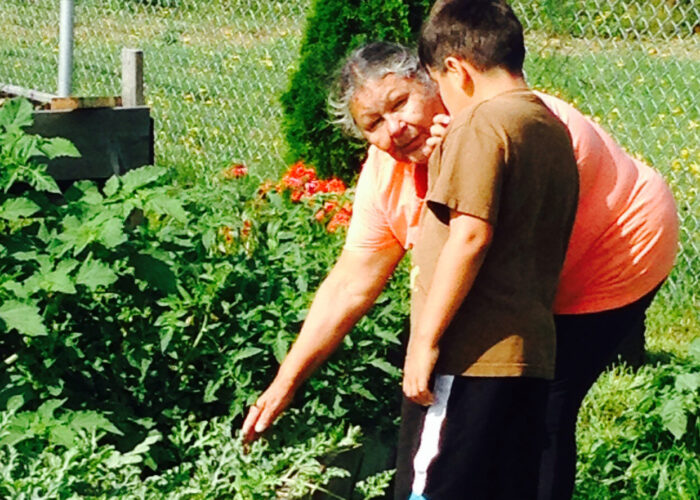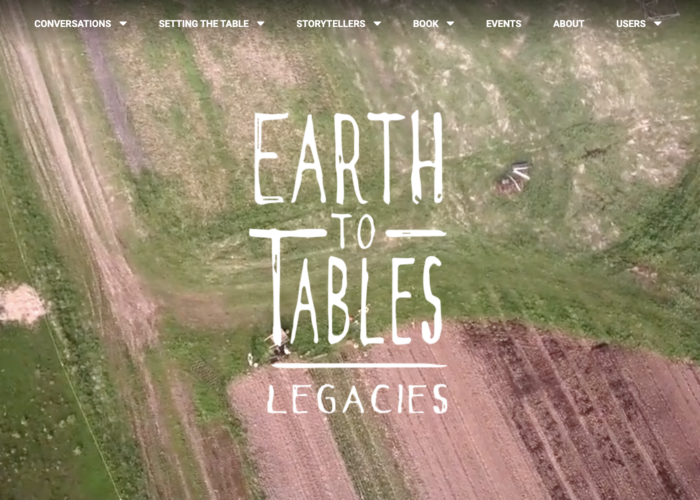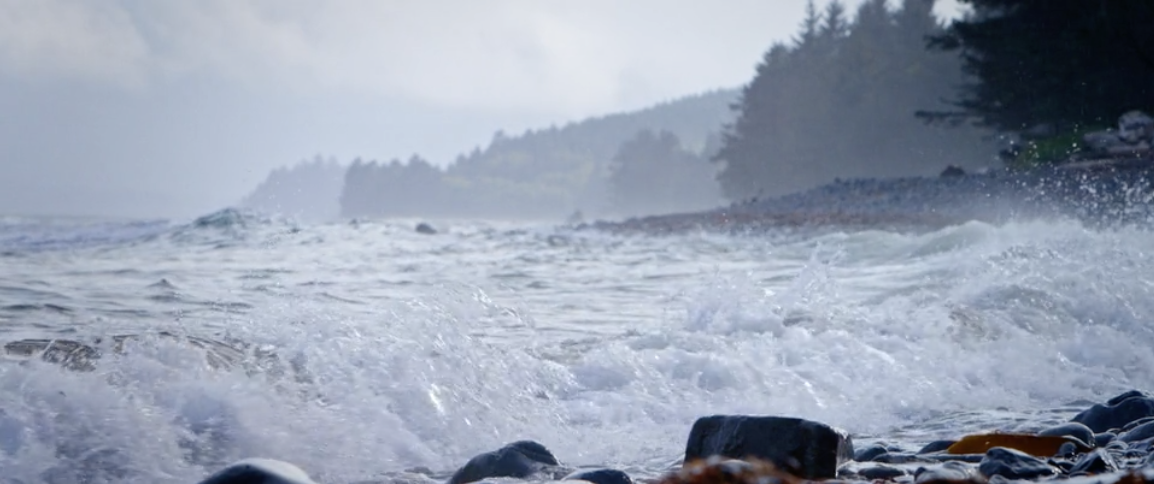“When you are wanting something to grow, you need to start with the children.”
– Participant of the Learning Circle from Tk’emlups te Secwépemc and Skeetchestn Indian Band
Farm to Cafeteria, in partnership with Indigenous and non-Indigenous organizations and school communities and guided by a Circle of Advisors, is working to support Indigenous school communities throughout the country to have more capacity to harvest, preserve, grow, and serve more Indigenous food and other nourishing food to children and youth, including harvesting plants, game and fish from nearby lands and waters, and to engage students in Indigenous foodways and gaining food skills.
We are currently working to:
- Develop and roll out a dedicated grant stream for Indigenous school communities along with peer mentorship opportunities.
- Create a K-12 learning journey for educators and others working in schools, inspired by Nourish’s Food is Our Medicine learning journey.
- Host a Canada-wide Indigenous school foodways gathering and other in-person and virtual events and conversations to support relationship building and knowledge sharing.
We will also be creating more opportunities for communities to reflect on their work, share their challenges and successes, learn from each other, apply their learnings, and collectively explore how to navigate the many barriers that exist to this work.
Kee Tas Kee Now Tribal Council Education Authority (KTCEA), Atikameg, Alberta
Through this work we hope that:
Schools will have more infrastructure and equipment to support food access, preparation, preservation, and growing (e.g. canning and dehydrating equipment, refrigerators and freezers, fishing rods, deer driers, gardens, and greenhouses).
School communities will harvest, fish, butcher, filet, grow, preserve, prepare, and serve more Indigenous and other healthy food to children and youth.

Elders, Knowledge Keepers, family members, and other community members will be able to connect with the school community through food-based activities.
Indigenous foods, foodways, worldviews, and approaches will be shared and woven into daily practices at school, emphasizing relationships, reciprocity, and connections to the land.
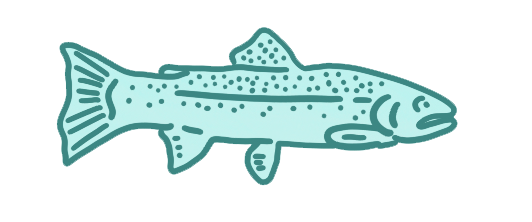
All illustrations provide by Carina Nilsson.
Resources
We thank the funding support of the Public Health Agency of Canada, Whole Kids Foundation and The Schad Foundation, and many other contributors for making this work possible.
